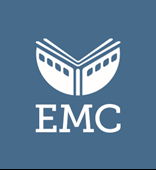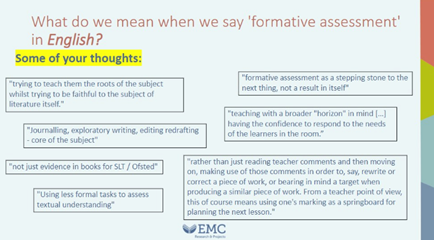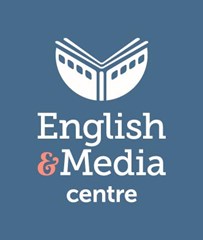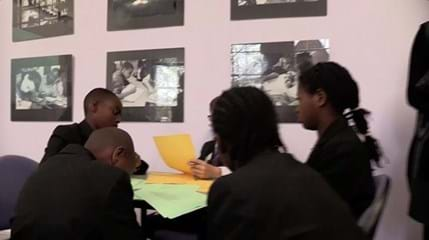One thing I’ve noticed during my first year of A Level Literature is that it requires you to really understand the subject you’re studying. That is no doubt a daunting prospect: there are thousands of years of literary history, and a book's 'summary’ pages are often either completely impenetrable or offer no real insight at all. This is where The Literature Reader comes in. With its target audience of primarily A Level English students, each chapter allows you to gain an understanding of the important periods, genres and movements that encompass the context of any set text, ranging from Michael Rosen’s take on poetry to an overview of crime fiction through the ages. Equally suited to undergraduate study, the content is relevant and accessible to a wide range of students, whilst eliminating all possibilities of approaching literature in an over-familiar way.
One of the main differences between GCSE and A Level literature has been the inclusion of ‘critical approaches’ and the expectation to inform your academic arguments with what other people have said. From a student’s point of view, it’s often difficult to find a way in to such a broad range of criticisms, especially when they are often written by people directing their wisdom at a reader well above the A Level standard, and make references to things you’ve never heard of, or write for many more pages than you have the time or the brain capacity to read. Whilst ploughing through online blogs and articles may be a great way to procrastinate actually writing the essay, The Literature Reader offers focused insights and opinions from leading academics in their field of study; Nicolas Tredell’s ‘Isms and the critical reader’ comes particularly in handy when approaching any critical school of thought for the first time (and an infinite number after that).
An understanding of how to approach context is prevalent across all A Level syllabuses. This definitely means you need to move away from writing cornerstone GCSE phrases like ‘…This would have shocked an Elizabethan audience’ and instead demands a much wider cultural and historical appreciation of the time in which texts were both produced and how they are received. This is addressed in Emma Smith’s ‘Shakespeare in context’, a topic applicable to all students studying the full A Level course. It challenges the ways that context is approached, allowing the development of analytical and perceptive responses to an assessment objective that can sometimes occupy up to 50% of the marks on an individual question.
Aside from its abundance of practical in-an-exam-sense qualities, The Literature Reader promotes an individual appreciation of studying English, and allows students to become aware of the prolific amount of content available to explore. Central to English Literature is a curiosity to explore the subject and all that it has to offer. The Literature Reader encourages this curiosity in a practical, academic and accessible way, exposing students to the depth and diversity of literary study.
Whether it’s to approach a period of study, or used to enrich essays and arguments, The Literature Reader is an indispensable companion for all A Level students.




